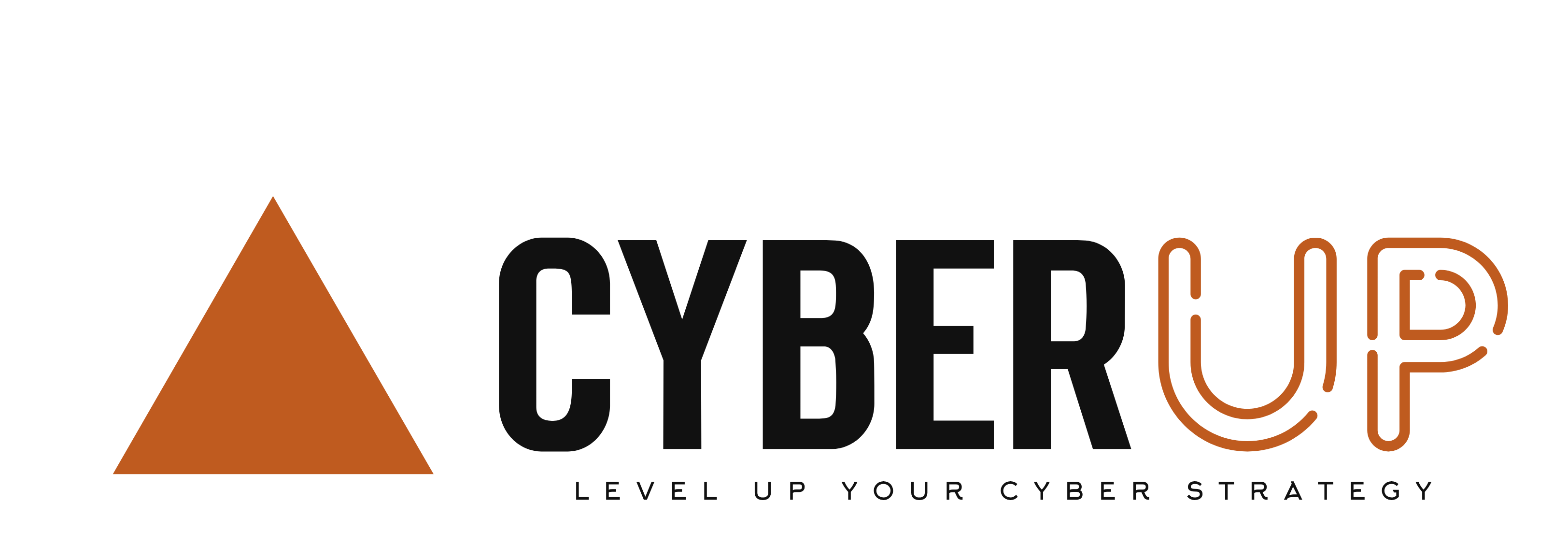In today’s digital age, where our personal and financial information is constantly at risk, cybersecurity is paramount. With the rise of remote work and online learning, individuals are spending more time on the internet than ever before, making them more vulnerable to cyberattacks.
A recent survey by the Pew Research Center found that 79% of Americans are concerned about the security of their personal information online. However, there is a lot of confusion about who is responsible for protecting this information.
Some experts believe that the responsibility lies with internet service providers (ISPs), while others believe that it is the responsibility of individual consumers. Still others believe that the responsibility is shared between ISPs, consumers, and government agencies.
There is no easy answer to the question of who is responsible for cybersecurity in the home. However, everyone has a role to play in safeguarding their information online.
The role of ISPs
ISPs play a critical role in protecting their customers’ data. They have a responsibility to implement strong security measures to protect their networks from cyberattacks. They should also provide their customers with information about cybersecurity risks and how to protect themselves.
However, ISPs are not always able to prevent all cyberattacks. This is because they can be bypassed by hackers who are targeting specific individuals or groups.
The role of consumers
Individual consumers also have a responsibility to protect their own data. They should use strong passwords and two-factor authentication for all of their online accounts. They should also be careful about what information they share online, and they should avoid clicking on suspicious links or opening attachments from unknown senders.
Consumers should also be aware of the latest cybersecurity threats and how to protect themselves from them. There are many resources available online and from government agencies that can help consumers learn more about cybersecurity.
The role of government agencies
Government agencies have a responsibility to protect their citizens from cyberattacks. They can do this by developing and enforcing cybersecurity regulations, providing funding for cybersecurity research and development, and working with other countries to combat cybercrime.
Government agencies can also play a role in educating consumers about cybersecurity risks. They can do this by publishing public awareness campaigns and providing resources to help consumers protect themselves online.
Conclusion
Cybersecurity is a shared responsibility. ISPs, consumers, and government agencies all have a role to play in protecting our data online. By working together, we can create a more secure and trustworthy internet for everyone.
Here are some additional tips for protecting your cybersecurity at home:
- Install and update antivirus and anti-malware software on all your devices.
- Be cautious about what apps you download from the App Store or Google Play.
- Use a firewall to protect your home network from unauthorized access.
- Regularly back up your data to an external hard drive or cloud storage service.
- Be aware of the latest phishing scams and how to avoid them.
- If you think you have been the victim of a cyberattack, contact your ISP and your local law enforcement agency immediately.














